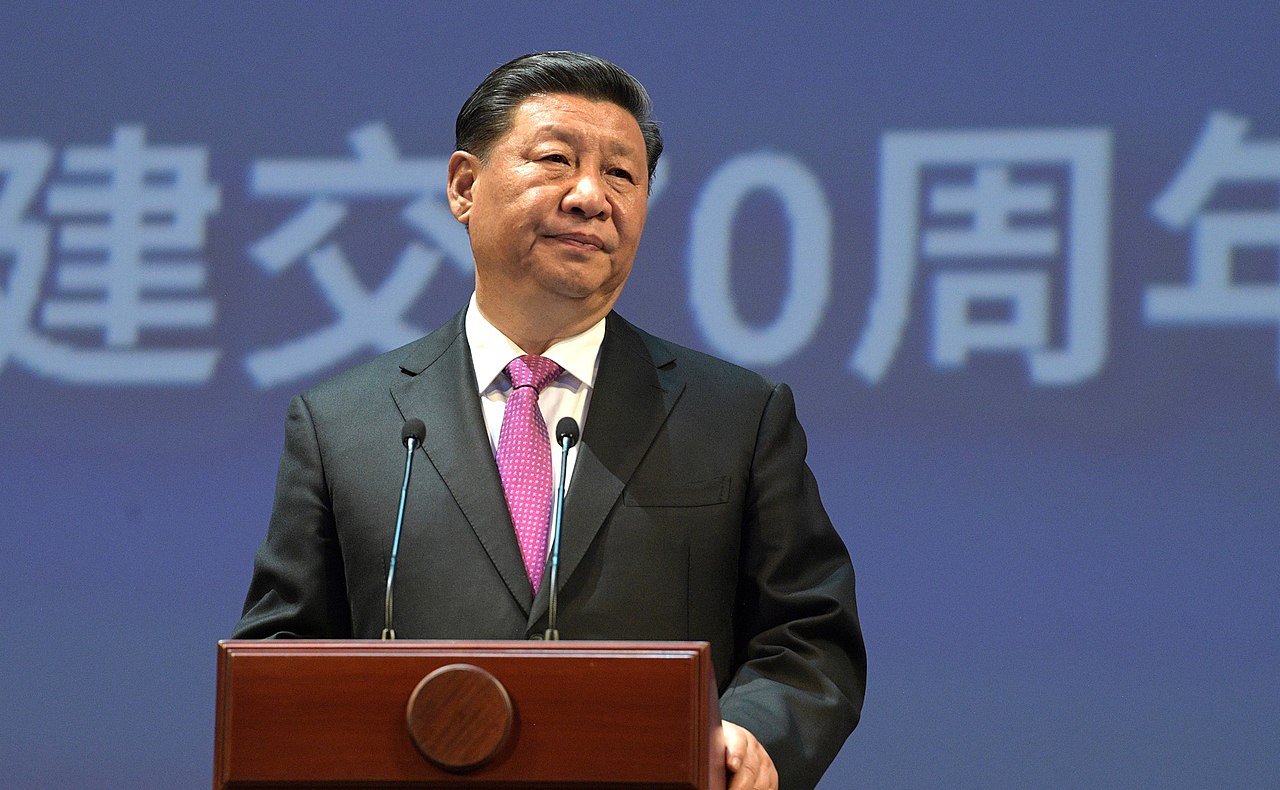Iran and Saudi Arabia make peace thanks to China (who greets America)

Iran and Saudi Arabia have reactivated diplomatic relations thanks to China. The accord appears to show the steadily diminishing US influence in the Middle East and China's growing role in a region over which it has historically never exerted considerable influence. Davide Maria De Luca's article for Domani Quotidiano
After years of clashes and rivalries, Iran and Saudi Arabia have announced the resumption of normal diplomatic relations. The agreement was reached thanks to the mediation of China and is a diplomatic triumph for Beijing which thus enters with great pomp in a region of the world where until a few years ago the United States had no competitors.
The agreement, which coincided with the renewal of President Xi Jinping's mandate, is a sign of growing Chinese ambitions and coincides with the decline of American attention to the Middle East and the persistent lack of incisiveness of Europeans.
WHAT CHINA DID
The accord appears to show the steadily diminishing US influence in the Middle East and China's growing role in a region over which it has historically never exerted considerable influence.
The negotiations between the two delegations took place in Beijing and lasted four days. The two countries had been engaged for several years in a dialogue mediated by the Iraqi government which however never managed to produce concrete results.
The ties between Tehran and Beijing are long-lasting and have been known for some time. More surprising is the participation of Saudi Arabia, which seems increasingly willing to follow a diplomatic path independent of the West and the United States in particular.
China is a major buyer of Saudi oil as well as its largest trading partner. Beijing also considers freedom of navigation in the Persian Gulf and the stability of the region as a matter of national security.
Relations between China and Iran are even closer. Military collaboration between the two countries has increased in recent years, with joint naval exercises becoming more frequent. Furthermore, Iran represents a central element in the "Belt and road initiative", an infrastructure development plan financed by China in Central Asia.
THE RIVALRY BETWEEN IRAN AND SAUDI ARABIA
Iran and Saudi Arabia severed diplomatic ties in 2016 when a group of protesters stormed the Saudi embassy in Tehran in response to the execution of a Shia cleric in Saudi Arabia.
Their rivalry, however, has lasted much longer, at least since the Iranian revolution of 1979, when the regime of the pro-American Shah was overthrown and the Islamic republic was established in its place. Since then, the Iranian leadership has accused the Saudis of being a force in the service of the United States and its interests in the Gulf region.
The two countries are also divided by religion, with Saudi Arabia seeing itself as the leader of the Sunni Muslim majority and Iran as a point of reference for the Shia minority.
The two countries are fighting primarily for influence over the Middle East region. In Syria, for example, Iran supports the Assad regime, while Saudi Arabia and other Sunni Gulf countries finance Sunni rebel groups and fundamentalists. In Lebanon, Iran can count on the Shiite group Hezbollah, while Saudi Arabia is considered the main sponsor of the Beirut government.
In recent years, the main theater of confrontation between the two countries has been Yemen, where Iran is backing the Houthi rebels against the old government forces and other Saudi-backed militias. The Houthis have often managed to strike Saudi territory with drones and missiles, usually supplied by Iran. In 2019, a major attack against the main Saudi oil center was initially attributed to the Houthis, but according to Western intelligence it was carried out directly by the Iranian military.
THE CONSEQUENCES OF THE AGREEMENT
The consequences of this agreement remain to be assessed. The first theater where we could see some effect is Yemen. A ceasefire between the factions expired last October without being renewed. The Saudi regime is engaged in an important investment and internal reform project and has been looking for a way out of the Yemeni conflict for some time. Beijing's agreement could be an opportunity to put an end to the conflict.
The second front on which the agreements could have an immediate effect is that of the negotiations on the Iranian nuclear programme. Currently, European and American negotiators are negotiating for guarantees on the exclusively civilian scope of the Iranian program, but the discussions are making little progress.
(Excerpt from an article published in Domani ; here the complete version)
This is a machine translation from Italian language of a post published on Start Magazine at the URL https://www.startmag.it/mondo/iran-arabia-saudita-ripristino-relazioni-diplomatiche/ on Sat, 11 Mar 2023 09:08:27 +0000.
